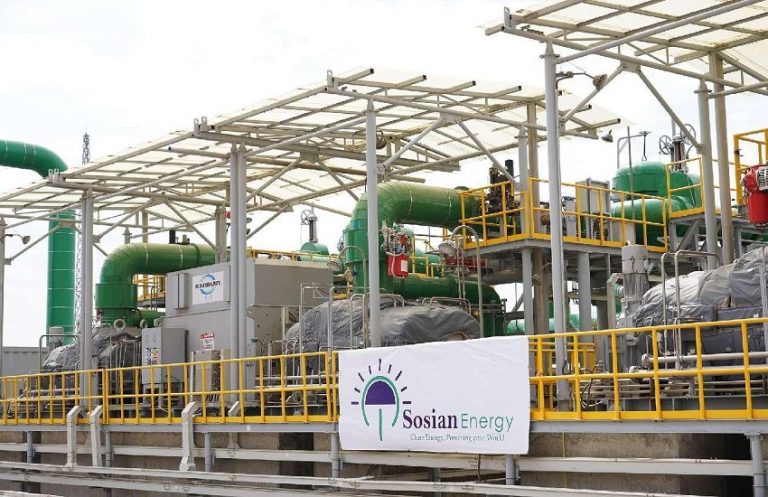
By He Yin, In recent years, China’s new energy industry has developed rapidly, and international cooperation in this field has accelerated.
The international community pays close attention to the development of China’s new energy industry, believing that China has made significant contributions to global green and low-carbon transformation and has become an important driver for global energy transition and climate change mitigation.
China’s new energy industry has made positive contributions to global emissions reduction. Since the introduction of the “dual carbon” goals in 2020, which means peaking carbon dioxide emissions by 2030 and achieving carbon neutrality by 2060, China has steadfastly fulfilled its commitments, accelerating the transformation of its energy structure and promoting the rapid development of renewable energy.
According to a report by the International Energy Agency, the global annual renewable capacity additions stood at 510 million kilowatts last year, and China contributed over half to this figure, making a tremendous contribution to the growth of global renewable energy generation.
Chinese wind and solar products have been exported to over 200 countries and regions worldwide, helping developing countries access clean, reliable, and affordable energy.
In 2022, China’s renewable energy generation was equivalent to reducing domestic CO2 emissions by approximately 2.26 billion tons, and the exported wind and solar products helped other countries reduce CO2 emissions by approximately 573 million tons. The two figures added up to 2.8 billion tons of emissions or about 41 percent of the world’s total carbon emissions reduction converted from renewable energy.
China’s new energy technologies have provided significant support for global green and low-carbon transformation. After years of development, China has become a global leader in various new energy technologies and equipment manufacturing. It has established the world’s largest clean power supply system, and Chinese new energy vehicles, lithium batteries, and photovoltaic products have brought new hopes to global climate change mitigation efforts.
From the connection of the world’s first 16-megawatt offshore wind turbine to the power grid to the commercial operation of the world’s first fourth-generation nuclear power plant, and from a new power battery enabling a range of 1,000 kilometers on a single charge to intelligent cabins equipped with artificial intelligence models, China’s new energy industry is contributing wisdom and strength to global energy transformation through its innovation and reliability.
According to a report by the International Renewable Energy Agency, the average kilowatt-hour cost of global wind power and photovoltaic power generation have decreased by more than 60 percent and 80 percent respectively in the past decade, a large part of which is attributed to China’s innovation, manufacturing and engineering.
Fatih Birol, executive director of the International Energy Agency, highlighted that China’s provision of services and support to other countries has significantly improved the accessibility of clean energy technologies and reduced the global cost of using green technologies.
China is promoting cooperation in the new energy industry in an orderly manner and building a new model for green and low-carbon energy transformation that benefits all.
The Al Shuaibah Solar Photovoltaic Project, constructed by a Chinese company in Saudi Arabia, is expected to reduce carbon dioxide emissions by 245 million tons over 35 years, equivalent to planting 545 million trees.
A solar photovoltaic park, jointly built by a Chinese company and its European partners, will provide green electricity to 38,000 Danish households and reduce carbon dioxide emissions by 106,000 tons annually.
Chinese companies’ overseas investments in clean energy cover major areas such as wind power, solar power, and hydropower, helping other countries achieve their carbon reduction goals. This has created new industries and employment opportunities, promoting common development and prosperity.
In 2023, China exported over 1.2 million new energy vehicles, representing a year-on-year growth of 77.6 percent. This has positioned China as a significant force leading the transformation in the global automotive industry.
Chinese-manufactured electric buses can be seen cruising the streets of Rwanda, contributing to local environmental initiatives. Additionally, Chinese automakers have established new energy vehicle factories in Thailand, assisting in the upgrading of the country’s automotive industry.
These facts demonstrate that China’s new energy industry provides high-quality production capacity that contributes to the implementation of the UN 2030 Agenda for Sustainable Development and the goals of the Paris Agreement. All countries can benefit from it. From a global perspective, the more of this capacity, the better.
Climate change is a global challenge, and the development of the new energy industry and the achievement of green and low-carbon transformation are common aspirations of all countries.
China has achieved rapid development in the new energy industry through technological innovation, a well-established supply chain system, and market competition. With an open attitude, it actively engages in international cooperation, bringing opportunities for green and win-win development to countries around the world. China looks forward to continuing to work with all parties to promote the high-quality development of the new energy industry, enhance the well-being of all humanity, and contribute to the building of a clean and beautiful world.










